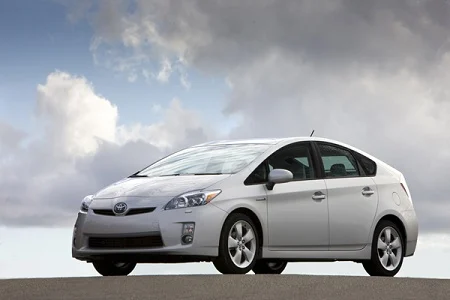It should come as no surprise that not every hybrid vehicle is created equal.
The Union of Concerned Scientists (USC) recently released its latest Hybrid Scorecard that rates 34 vehicles from economy to luxury on fuel economy, improved environmental impact, value, and features required to be included on the particular model.

Nine of the top ten selling hybrids from January to April 2011 averaged more than 30 miles per gallon and scored above average for environmental improvement and value.
But less than half of the vehicles studied cut pollution by more than 25% as compared with their conventional counterparts.
“It’s not just the Toyota Prius and everyone else anymore,” said Don Anair, a senior UCS engineer and the scorecard’s author.
“Automakers from Ford to Hyundai and Honda to Nissan are using hybrid technology to boost fuel economy and cut pollution without breaking the bank for consumers.”
The Toyota Prius, Ford Fusion, Honda Civic, and Toyota Highlander hybrids all scored exceptionally well on environmental impact. Toyota’s Prius still accounts for about half of all hybrid vehicle sales.
On the luxury side, Lincoln’s MKZ and Lexus’s CT200h earned the best environmental improvement scores. Each cut pollution by over 40% as compared to the conventional models. It’s critical to note though that part of this improvement was because Ford and Lexus chose to downsize the engines from 6 cylinders to 4 cylinders.
The study authors specifically called out the Volkswagen Touareg Hybrid as having the worst environmental improvement from the gas-only VW Touareg – claiming that the hybrid model only reduces emissions by less than 10%.
USC said this was the worst score in the history of their scorecard. The Porsche Cayenne and the BMW X6 were also taken to task by USC for their poor environmental improvement scores.






